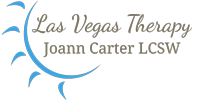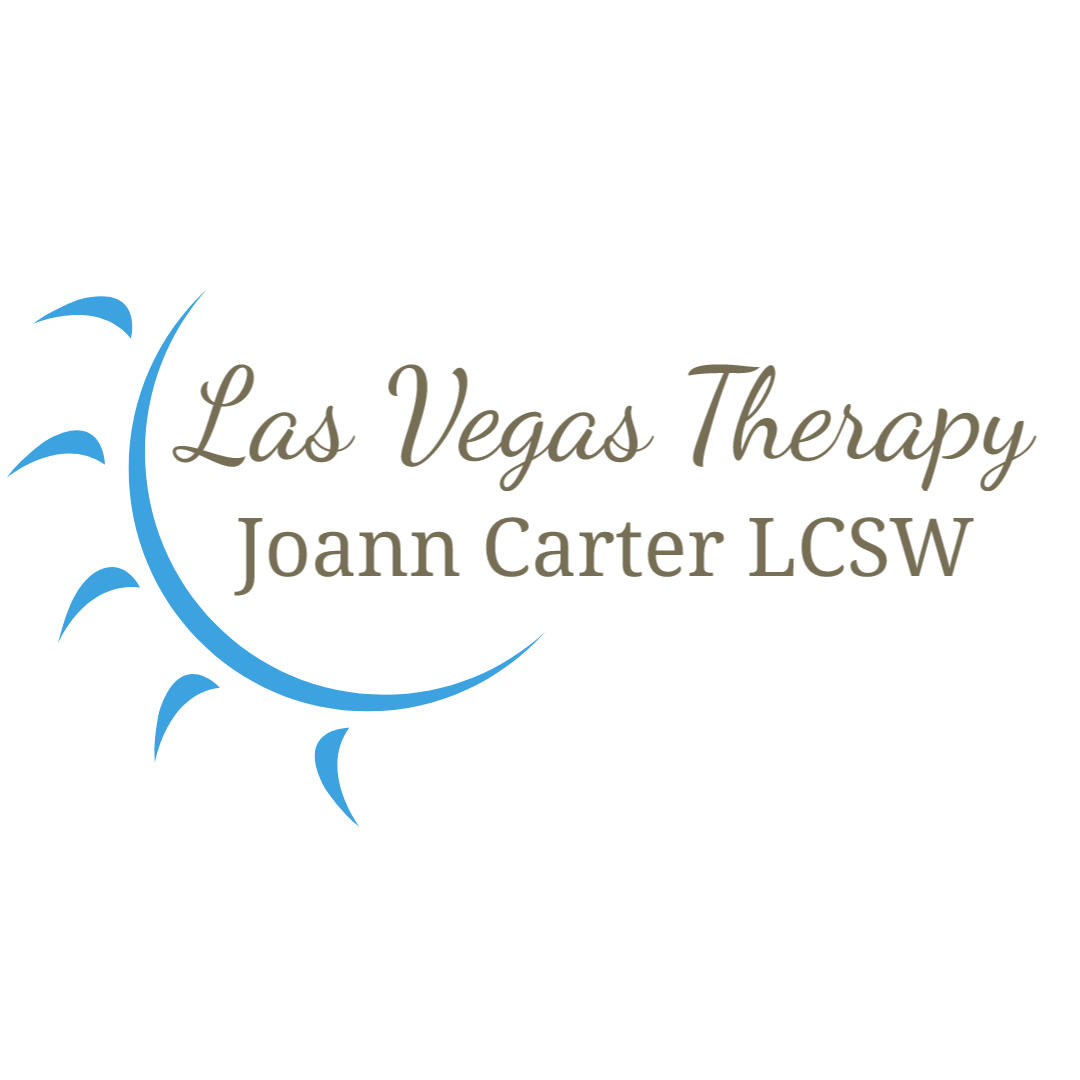Welcome to the FAQ page where you can find frequently asked questions and answers about how to get therapy in Las Vegas or Henderson Nevada. If you are unable to find the information you are looking for please contact us.
What is a Clinical Social Worker?
Do you have customer service?
Of course! Our friendly and knowledgeable customer services reps are available to answer your questions 24/7/365.
What services do you offer?
Clinical Assessments, mental health therapy sessions for individuals and families ages 6 and up.
What’s the difference between talking to you or my best friend or family?
A mental health professional can help approach your situation in a new, objective way – teach you new skills to gain perspectives, listen to you without judgment or expectations, and help you listen to yourself. Furthermore, our sessions are confidential. You won't have to worry about others “knowing your business.” Most importantly, my goal is to not only listen but help you achieve a goal of wellness and as the professional I keep us focused on your goals.
What kinds of therapy do you offer?
I use an eclectic approach and types of modalities will depend on the individual. However, I primarily utilize Cognitive behavioral therapy, Behavioral Therapy, Solution Focused Therapy, Narrative Therapy, Image Rehearsal Treatment for nightmares or PTSD, Acceptance and Commitment Therapy, Complicated Grief Treatment. I use a strengths based perspective every session.
Do you offer family therapy?
I offer family therapy at an additional cost as sessions need to be a little longer than an individual session. I recommend family therapy sessions when my primary client is a child or adolescent at least every few sessions to ensure we are all on the same page for treatment and that each member is being supportive of one another throughout the healing or rebuilding process.
How long will it take to treat my depression or anxiety?
This is a tough question to answer. My approach is based on each individual that walks through my door and decides to engage in this process with me. Ideally, for teens and children I would like to alleviate the symptoms of anxiety in about 6-8 sessions. In particular, I don’t want children to feel that they need therapy as their only support but look at it as a treatment tool in their box. Many times I will have teens or children find that their anxiety is alleviated in a few sessions and we will follow up monthly after that. This can be the same for adults as well. Depression is a little different, there is such a wide variety of severity and this type of diagnosis can be a bit more complicated. I do help those with self-harm behavioral, suicide ideations, and psychosis regain their healthy coping strategies and this can take many more sessions and follow-up for years to come depending upon the persons support system and needs.
What insurance do you accept?
At this time, I am taking Medicare insurance as a form of payment of my services pending a clinical assessment that determines if you have a mental health condition diagnosable (DSM 5). I currently do not work with most insurance companies for a variety of reasons, but most importantly I do not want insurance companies to dictate treatment needs or diagnosis to receive payment.
What forms of payment do you take?
I accept cash, credit or check. I can provide a superbill for you to submit to your insurance company to determine if you can get reimbursement. I do not take most health insurance plans as they dictate treatment, reimburse for only certain conditions, and also do not always reimburse for treatment. These types of issues can cause disruption in treatment and also struggles with the therapeutic relationships if I am not able to be reimbursed by your insurance provider.
Do you offer free or pro bono sessions?
I can offer a sliding scale in some circumstances. Please inquire with me directly about your current circumstances and we can likely work something out. I do reserve a couple slots for sliding scale sessions.
Why shouldn’t I just take medication?
Medication can be very effective but it alone cannot solve relational issues or help achieve self-awareness. Sometimes medication is needed in conjunction with services and can be a great tool to assist you with regulating your mood so that you are calm enough to then put in the work to build your coping mechanisms and live your fullest life.
What is self-development or emotional wellness?
Self-development sessions are a type of service that I developed based on the needs of the people I have seen in the community both professionally and personally. I have had the fortunate experience to be around many great minds and highly intelligent individuals. I have found that many are successful within varying systems of their lives - career, finances, even within their marriage, family and as a parent; however along the way their emotional wellness may have not progressed in the same manner. This can leave them feeling unfulfilled, uneasy and even melancholy. These functioning adults continue to be successful but sadly are not (in my opinion) living their life to the fullest. I am here to help them develop self-awareness, true identity, and self-care goals to improve their emotional wellness! Please feel free to contact me for more information or check out my blog regarding self-development.
Food Allergy Information.
FARE: Food Allergy Research Education is the world’s largest non-profit organization dedicated to food allergy awareness, education, research, and advocacy; the group provides information, programs, and resources about food allergies and anaphylaxis.
Cross Contamination: occurs when a food allergen contaminates a food that is naturally free of allergens. For example, during food preparation in the kitchen, bread crumbs from a regular slice of toast may be left behind in a toaster. Other tip: cross contamination can occur in any food processing facility. The Food and Drug Administration does not require companies to label products stating possible cross contaminating agents. Companies are only required to state the ingredients; however many facilities process nuts and tree nuts as well as other food allergens. To obtain this information, I recommend you directly contact the company, preferably via a writing platform such as email or letter. Additionally, companies can change practice and aren’t required to notify. Every family managing food allergies has different opinions in regards to their levels of comfort. For example, we trust companies that sanitize lines and are as preventative as possible, such as “So Delicious” coconut milk products. Although the company processes nuts, they follow a strict sanitation process that we are comfortable with as a family.
Emergency Action Plan: Samples below from reputable organizations dedicated to safety and research related to severe allergies. https://www.aaaai.org/Aaaai/media/MediaLibrary/PDF%20Documents/Libraries/Anaphylaxis-Emergency-Action-Plan.pdf
https://www.foodallergy.org/life-with-food-allergies/food-allergy-anaphylaxis-emergency-care-plan
Technology References
Blog Disclaimer: This blog does not claim to provide any professional therapy nor is it intended to be a substitution or replacement for actual therapy. If you are someone that needs counseling or therapy, kindly seek professional help.
Digital/Online definitions
Finstagram: Finstagram or finsta for short is a mixture of Fake and Instagram. People, usually teenagers, get a second Instagram (this can be applied to other social media networks) account along with their real one and post pictures or videos they desire that only certain people have access to. This has been used in many contexts, to hide information from others (sometimes parents) or to “troll” others accounts.
Cyberbullying: or cyber harassment is a form of bullying or harassment using electronic means. Is it also known as online bullying. It has become increasingly common, especially among teenagers. Cyberbullying is when someone bullies or harasses others on the internet, generally on social media sites. This is repeated behavior with the intent to cause harm. Victims may experience lower self-esteem, increased suicidal thoughts, and a variety of negative emotional responses, including being scared, frustrated, angry and depressed. Harmful bullying behavior can include: hate speech, rumors, threats, sexual remarks, or posing a personal information about someone with the intent to cause harm.
Sexting: sending, receiving or forwarding explicit messages, photographs, images, primarily between phones, computers or other electronics of oneself of others.

